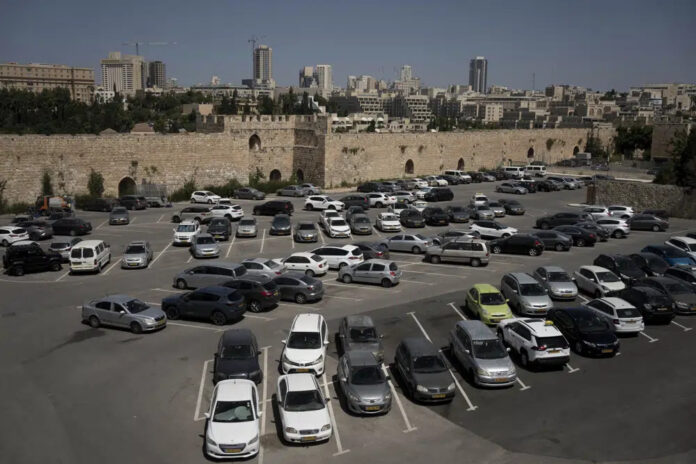JERUSALEM — The Armenian community of the historic Armenian Quarter of Jerusalem officially filed a lawsuit on February 18 to invalidate the lease between the Armenian Patriarchate and Xana Capital, according to a press release issued by the group.
The community’s legal action asserts that the property is held in trust specifically for the benefit of the Armenian community, pursuant to a waqf trust established more than 400 years ago. Under its terms, which are legally enforceable, the property cannot be leased or sold by the Patriarchate if the transaction does not inure to the direct benefit of the Armenian community and if the transaction is not agreed to by the community. In this case, the transaction has neither been consented to by the Armenian community nor does it inure to the benefit of the community.
The community’s position aligns with the stance of St. James Brotherhood. In 2021, 17 members of the Brotherhood, a majority of the members of the supreme body of the Patriarchate, issued a statement publicly opposing the deal and declaring that the Patriarch lacked the requisite authority and conditions to execute the purported agreement. As such, the Armenian community’s legal case underlines the Patriarchate’s lack of authority to enter into this specific deal.
The suit gives necessary legal voice and crucial legal strength to the objective of canceling the purported agreement and protecting the land — a goal the community, Patriarchate and the diaspora share.
The community has specific rights that must be raised and must be protected by the community itself. This land holds immense historical and cultural significance, symbolizing the community’s and the Patriarchate’s enduring presence in the region and the community is committed to preserving the integrity of the Armenian Quarter of Jerusalem and protecting itself from the existential threat posed by the deal with Xana Capital.
The members of the community have protested since the terms became public, camping in tents around the clock to defend against physical threats and attacks on the land.








